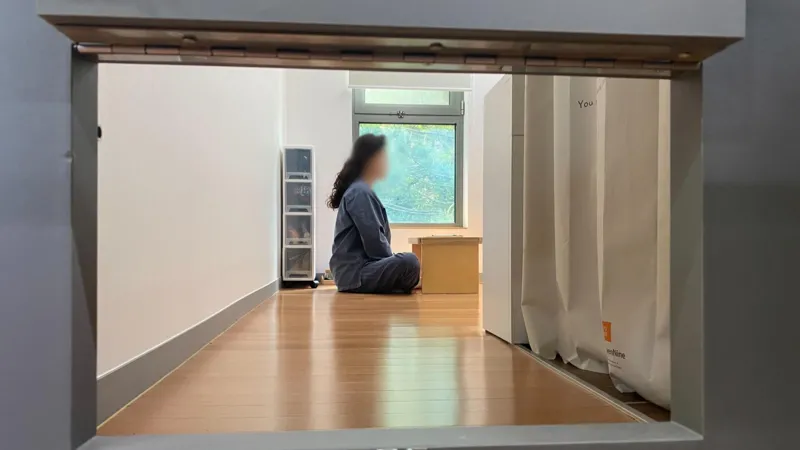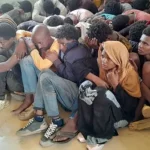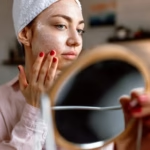These cells are barely larger than a shop cupboard, and the only thing keeping the inmates company are the naked walls. Only phones or laptops are permitted inside.
Although the residents of the South Korean center are dressed in blue prison uniforms, they are not prisoners; rather, they have come for a “confinement experience.”
The majority of people in this place have a child who has completely shut themselves off from society and has come to understand what it’s like to be isolated from the outside world.
Children of these residents are considered hikikomori, a word first used in Japan in the 1990s to describe socially isolated youth.
In a survey of 15,000 people between the ages of 19 and 34, conducted by the South Korean Ministry of Health and Welfare last year, more than 5% of participants admitted to self-isolation.
Approximately 540,000 people would have been in the same predicament if this were typical of South Korea’s overall population.
The Korea Youth Foundation and the Blue Whale Recovery Center, two non-governmental organizations (NGOs), have been sponsoring and executing a 13-week parental education program for parents since April.
The program’s objective is to teach participants how to have more effective conversations with their kids.







